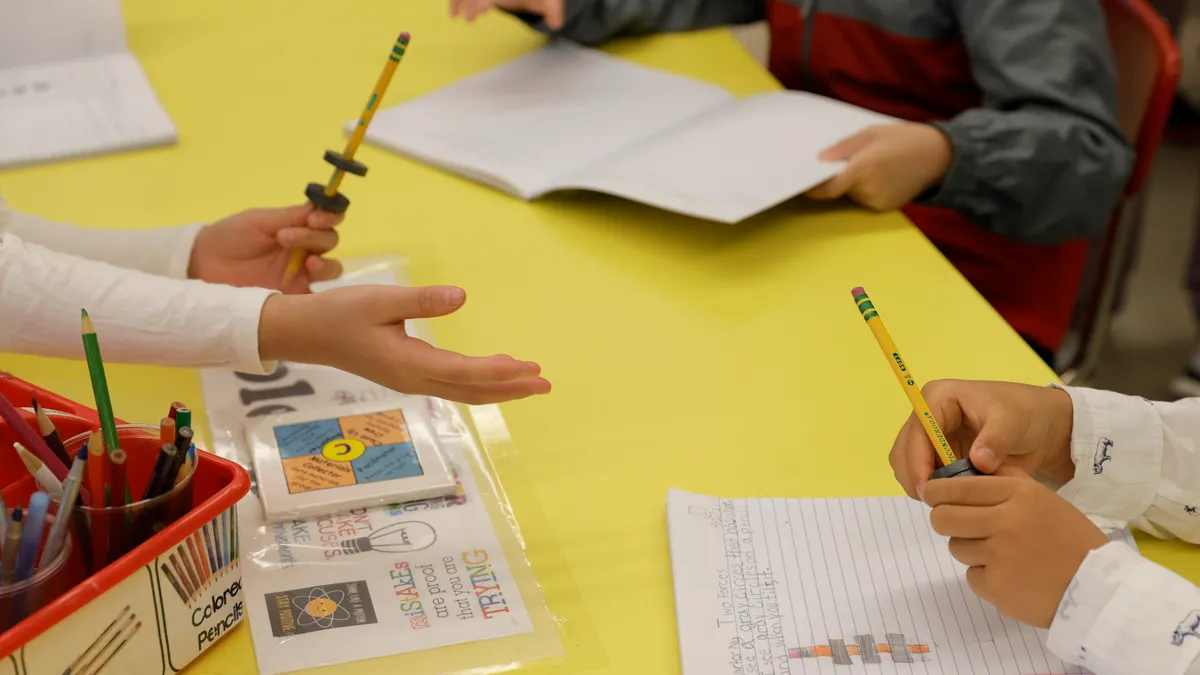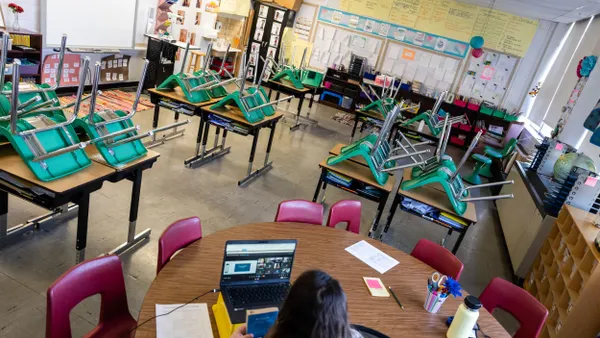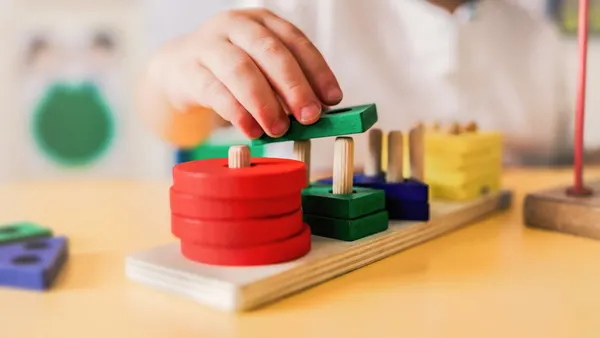Dive Brief:
- Letting students miss a day of school to emotionally recharge when they are feeling overwhelmed has many benefits, but parents and educators need to be cautious that the time off isn't a procrastination tactic or an attempt to avoid situations that cause anxiety, writes Rae Jacobson for the Child Mind Institute.
- Getting to the root of why a student is asking for a mental health break by asking specific questions about how they are feeling and knowing if they have gone through a stressful situation can help parents and educators better gauge if a day or afternoon off is the right decision.
- In planning for this school year, educators have said their top priorities are learning recovery and social-emotional supports for students. According to a Morgan Stanley Alliance for Children's Mental Health report, 41% of high school educators surveyed this past summer said they worried about students with pre-existing emotional or behavioral challenges returning with exacerbated conditions this fall.
Dive Insight:
In the last few years, at least a half-dozen states have passed legislation allowing students to miss school due to mental health reasons. Guidance from Virginia, for example, asks local districts to create policies that would allow for excused absences. Utah's policy for excused absenteeism for mental or behavioral health safeguards student's rights under the Individuals with Disabilities Education Act.
In Illinois, recently approved legislation allows students ages 7-17 to miss up to five school days for mental and behavioral health reasons without the need to provide a medical note, starting Jan. 1, 2022.
Most recently, the Winston-Salem/Forsyth County Schools in North Carolina announced Nov. 12 as a day off for all students and staff to "take care of themselves," according to a statement by Superintendent Tricia McManus.
On that day, the district is suggesting ideas for random acts of kindness, social-emotional learning activities and fun physical or educational activities. Staff will be paid for the day off, and students will not need to make up the missed day.
Jessica Dirsmith, a clinical associate professor of school psychology at Duqesne University in Pennsylvania and Pennsylvania's School Psychologist of the Year in 2017, said doing good deeds for others can boost one's own mental health. She also said system-wide policy and practices that encourage educators to teach and model pro social relations regularly, as well as intervening when there are concerning behaviors, can be an effective strategy for supporting mental wellbeing in students.
Whether a mental and behavioral day off is determined on a case-by-case basis or is implemented districtwide, experts suggest educators work with families to address mental health challenges when they arise.
A mental health day may be a good short-term solution in some cases, but if there are ongoing issues, a request for a break may be a student's way of avoiding a difficult situation. Understood.org suggests accommodations, such as taking students' "emotional temperature" and giving extra time for transitions, to help students with anxiety become comfortable in the classroom.
"If we identify that there's a need or even a behavioral skill deficit, teaching students coping strategies is incredibly important," Dirsmith said.












